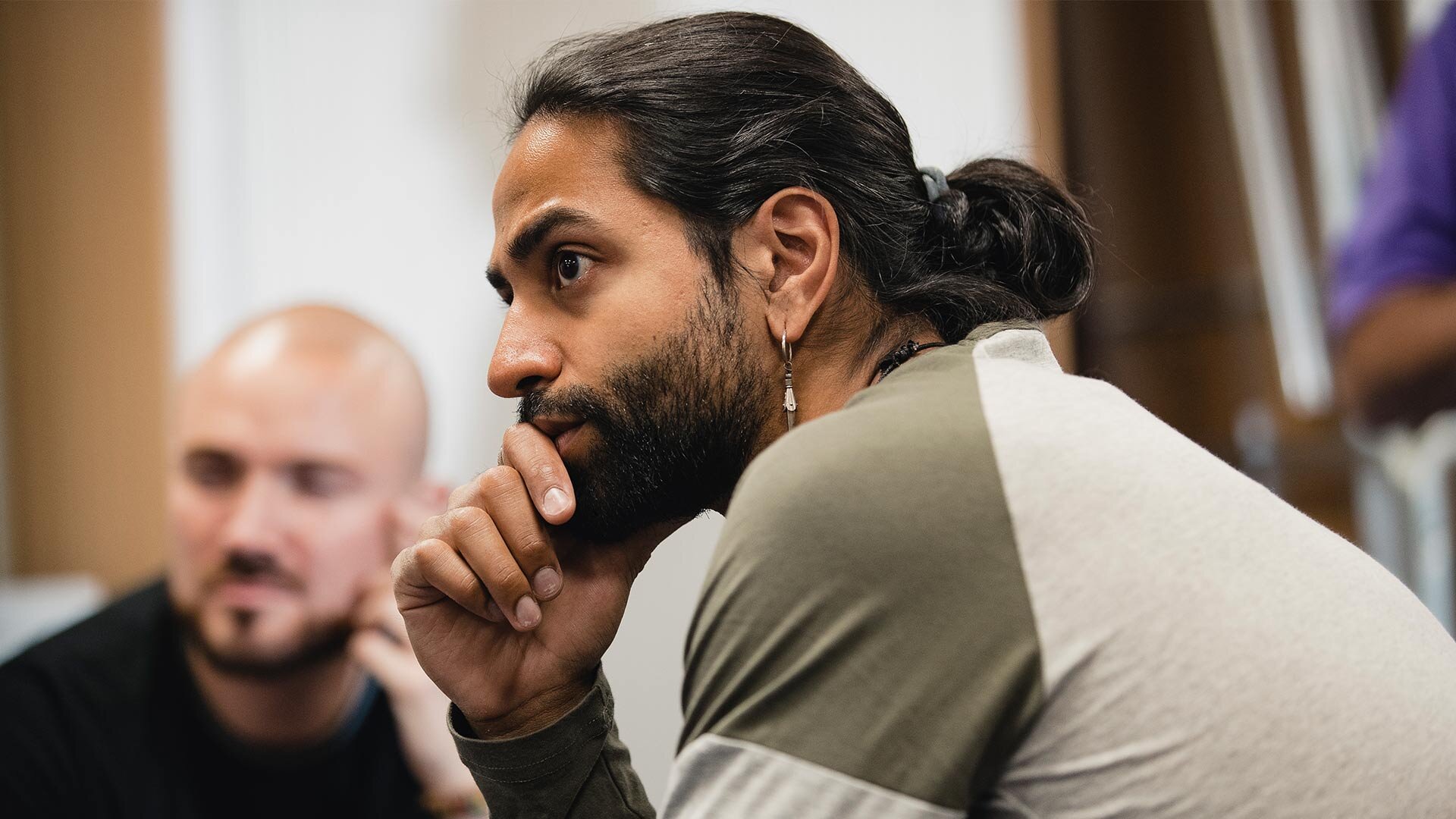Workplace Wellbeing
Scenario:
In charge of employee welfare – you are exhausted yourself. It has been a challenging twelve months supporting the businesses to migrate teams to a work from home model.
You’ve covered the technology challenges, adapted personal development and education to be accessible remotely, supported teamwork and morale, and have even proved to more cynical colleagues that productivity doesn’t necessarily decline in a WFH model.
You are pleased with the resources you have been able to place to support employee wellbeing, from online exercise options and mindfulness, to cycle to work schemes and a new initiative to support mental health.

Business Issues
Whilst some are excited about the prospect of business as usual, internal polling is suggesting that some employees are anxious and concerned about returning to the workplace. Lockdown has been very hard for some. Mental health issues have risen, social anxiety has increased, some are grieving – and death and dying have been in the news daily. There are others who’s psychological, physical and financial wellbeing may have been impacted. You know that keeping employees engaged and enthusiastic about returning to the office is going to be challenging and your goal is to develop a more supportive workplace culture

Solutions
You want the range of wellbeing support you offer to be human centered, genuine not superficial, to be coherent and to be valued. The programme you have in place may well cover many of physical, emotional and social needs, but a year living with the impact of Covid has changed what many perceive as important - and what your wellbeing programme probably doesn’t have, is support for employees around end-of-life issues.
What is there to talk about?
Plenty…. We offer bespoke workshops to groups of 6 – 8 people. The first session typically lasts for 90 mins and we will give an overview of the practical things to put place - such as advance care planning, setting up power of attorneys, the legal and financial ‘need to knows’ , to handling the barriers to discussions and conversations about death and dying. We explain the physical and spiritual experiences at the end of life. Despite the inevitability of dying, the majority of us don’t even like to even think about it, but as we always say ‘ talking about dying doesn’t make it happen!”
We also work individual employees who may need more – who may be supporting family or a friend with a life limiting illness. In these deeply personal sessions we spend more time on the emotional, physical and spiritual elements at the end of life and what support might be needed afterwards. We have particular expertise in supporting people with dementia.

Impact
Hard to show statistically… how do you evaluate the benefits of feeling less anxious about the prospect of death? Society has lost sight of the fact that at some point we all die – that it is a normal part of life and we can make it as normal as possible by talking about it and by planning ahead. But we tend to find that there is a big ‘ahah moment’ with a feeling of relief, a sense of accomplishment that comes with having your affairs in order, of being able to live less fearfully, and of feeling a greater sense of well-being.
Adding this unique area of support to your employee well being programme brings authenticity, depth and value to an area currently so underserved.
March 2021

